Every new business needs to Build a business credit because it can make it easier or less expensive to get certain types of financing, business insurance and may qualify them for better vendor Terms. It can even help your business make profitable business deals. Building a business credit begins with getting everything in order, including setting up the business properly, and opening a credit card, vendor, and bank account. To build and maintain good business credit, you must make timely payments on all of your bills. This article is for those business owners who want to know how to build business credit to help you grow your small business that help you grow your small business.
What is Business credit?
Business credit is an important financial tool for your business. It is a summary of a business’s financial history that shows its ability to repay its debts and other financial obligations. Lenders can use it to determine if the business qualifies for a certain loan package. It is also an essential source of building relationships with vendors and other business-to-business sellers. Business credit works similar to personal credit, as it’s based on past financial performance and debts owed, essentially showing lenders how healthy and reliable your business is financially.
Why Is it Important To Build Good Business Credit?
Every business can have its own credit reports and scores that can be used by lenders, suppliers or even companies deciding whether to do business with you. It is important to understand how credit history can affect your business. Good business credit can help you qualify for business loans or financing, as well as help you secure financing on more favorable terms or lower interest rates. Building good business credit is important because it can be beneficial for new businesses at the peak of growth.
How to Build Business Credit?
Building credit for a business can be a little more complicated than building personal credit, and establishing strong business credit scores can take time. Here is a complete guide on how to build business credit whether you’re starting a new business or you’ve been in operation for a while. Building business credit is a pretty straightforward process of following stages:
1.Set up your own business:

The first step toward effectively building business credit is to properly establish your business as a sole proprietorship, corporation, partnership or limited liability company. If your business is new, take the time to establish your business so it presents a professional image to both clients and lenders. You need to create business name, get a business phone number, open accounts with vendors that report to the credit bureaus to build your business credit file and start building credit.
2. Register your business:
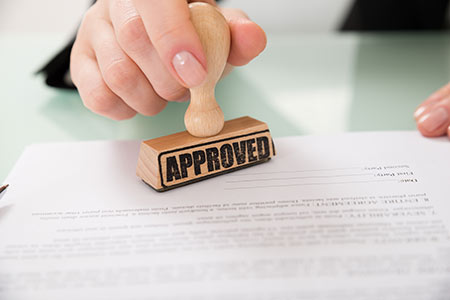
When you set up your business properly, the next level is to becoming it legal. You and your business must have trustworthiness in order to build business credit. Whether you operate as a sole proprietor, LLC or a corporation, you will need to officially registered your business with appropriate government agencies to create a business credit profile.
3. Get Your Federal Tax ID (EIN):
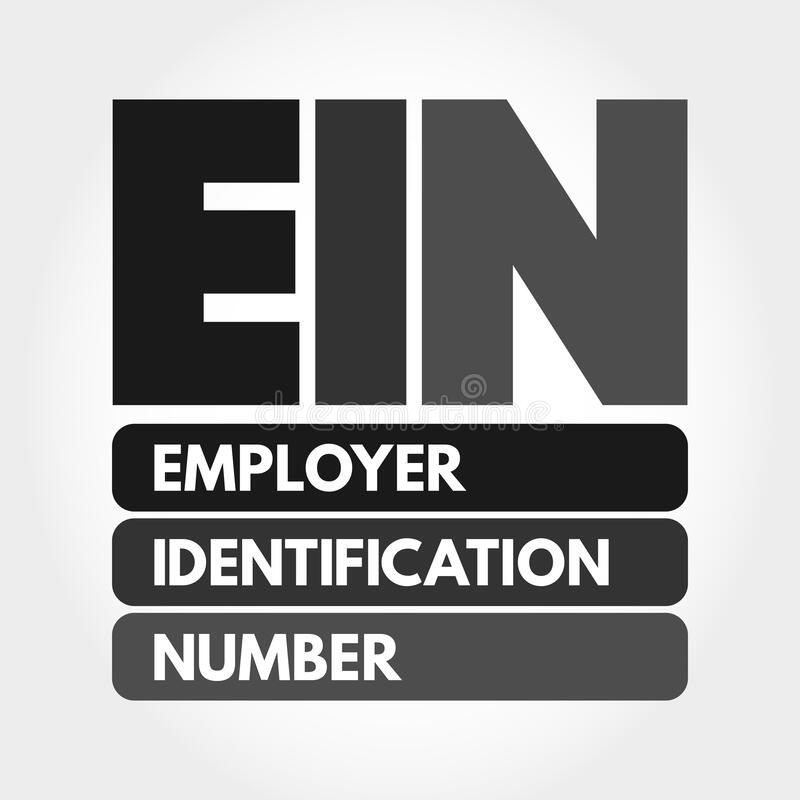
Once your business has officially registered with state, you need to get Employer Identification Number (EIN). An EIN is basically is a federal tax number that identifies your business. This number is required in order to open a business bank account, apply for business licenses and file federal taxes. You can submit a free application on the IRS website and get your EIN within a few minutes.
4. Obtain D-U-N-S Number From Dun & Bradstreet:
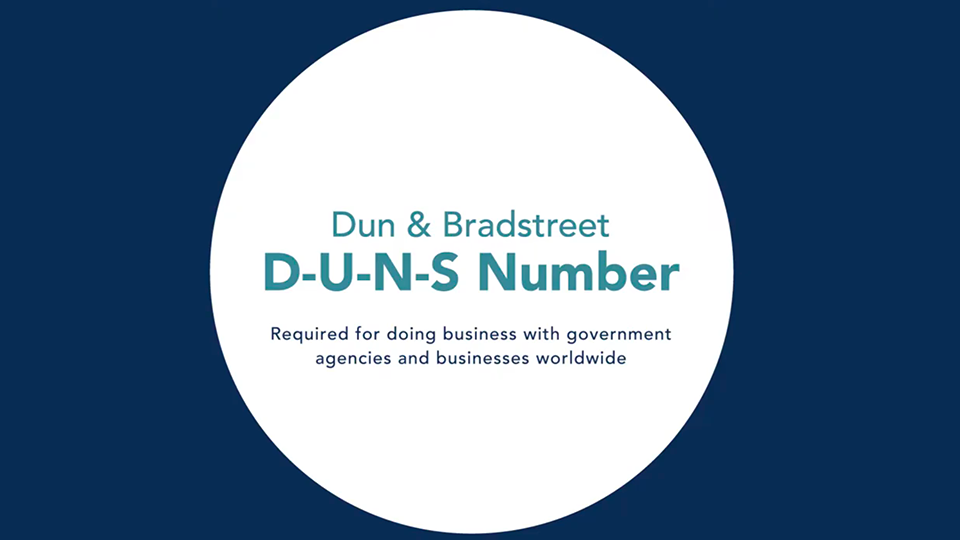
Next you need to obtain your business DUNS number. The DUNS number is your business social security identifier with the credit reporting agency Dun and Bradstreet. If your business doesn’t already have this you will need to request for DUNS number. It is available for free from Dun & Bradstreet. This will be the number that lenders and potential business partners use to check your business’s credit profile.
5. Open A Business Bank Account:

In the next step to build business credit, you need open a business checking account in the legal business name. The business checking account will help you to keep your business finances separate from your personal finances. A business bank account will make your business more financially secure. Opening this type of account will also help you get a business credit card and build a relationship with a banking partner that provide you access to credit when needed.
6. Set Up a Business Phone Number:

The next important step is to set up your business phone number. You need to establish a unique number for your business under your business’s legal name, whether you use a landline, cell phone, or VoIP. After that, you need to list that business number in the directory because lenders use different criteria when deciding to increase credit.
7. Continue to Establish Relationships With Vendors:

When you build your business properly, you must continue establishing and building relationships with vendors, and create contracts for supplies and other business materials. By making on-time or early payments to vendors that send credit bureau reports, you can establish good credit.
8. Apply For Business Credit:
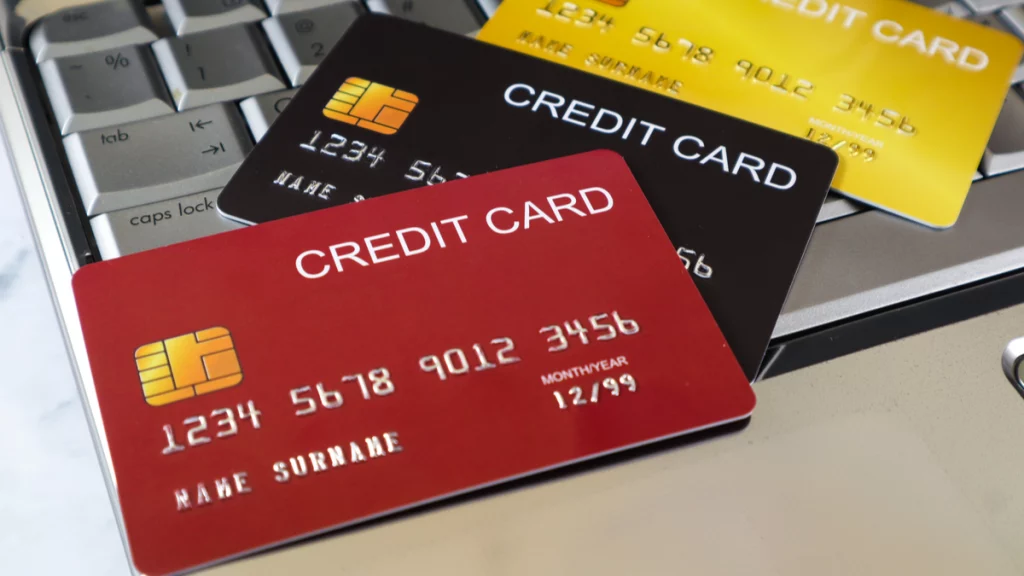
Getting a business credit card is an important step for building business credit. The eligibility to apply for a business credit card varies from business to business and from bank to bank like some banks require applicants to stay in business for more than two years, while others do not. You can research which credit card is best for your business. You can only get a business credit card with EIN. You do not need to provide your Social Security number, but you need to follow all terms of the vendors, so you can get a good business credit profile and a high business credit score.
9. Use a business credit card:

Opening, using and paying off business credit cards is a great way to establish business credit. You should use business credit card each month. By the use of your business credit card, you can build your credit scores and history and grow your company business without having to reapply for new loans if additional cash flow is needed. Remember that if you have just started your own business, your credit limit can be very low at you start. As you build up your credit score, your credit line increases.
10. Pay Your Bills Early And Often:

One of the most powerful ways to build business credit is simply paying your bills. You can improve your loan by paying your bills early and on time. When you pay your bills early, however, you will be able to build up your business credit score faster. Credit is basically an agreement between you and a lender that you will help to access money in the form of credit cards when you need it right later. Make sure to pay your bills on time when they are due because this is the fundamental pillar of credit creation.
11. Check and Monitor Business Credit Scores:
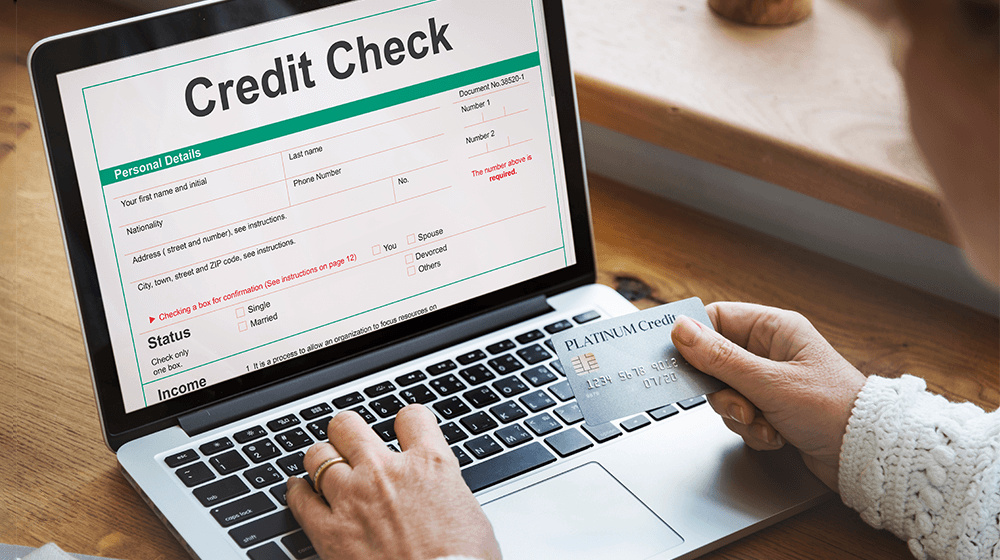
Creating your business credit file is not an easy task. New information can affect your scores and ratings negatively or positively. To avoid bad impacts, the business owner should diligently monitor your business credit history which can help you monitor your progress as well as spot mistakes. You should verify your credit reports and scores with multiple major credit reporting agencies to find out whether your accounts are helping your scores. If your accounts are not improving your ratings, you should think about adding new credit references.
How long does it take to build a business credit?
There is no standard time to set up a business credit, it may take a few months to appear new accounts on your business credit reports. After that, you will need several months of timely payments to establish a good business credit score. If you follow the above instructions, whether you have a new business or one that is well established might be able to develop a good business credit score and rating within a few months to a year.
How to maintain Good Business Credit:
When you reach the level you want for your credit score, the most crucial step is to maintain it there. The two easiest strategies to maintain your business credit score in good shape are to pay your bills on time or quickly and build strong relationships with credit card companies. It is important to remember that establishing strong financial habits such as saving money, paying bills and taxes on time, making informed financial decisions about the future of your business, and developing good relationships with suppliers and other businesses are all important components of establishing good credit. To maintain your business credit score, you should also monitor your business credit scores and rating regularly to ensure it’s accurate.


